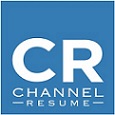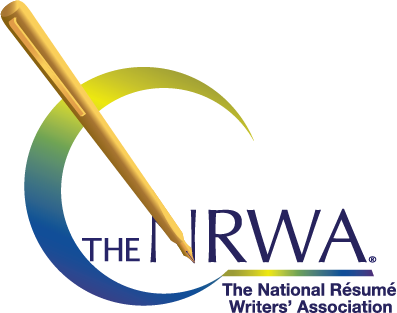Most job interviews end when the hiring manager takes one last look at your resume and asks, “What is your expected salary?”
Some people get uncomfortable around the discussion of money, but during the job interview process, you’ll need to get accustomed to talking about salary numbers.
My suggestion to my resume clients is to initially state that you’re willing to consider the industry rate for the role that’s being filled. Obviously, there is a salary range that corresponds to every job role, with a minimum salary figure at one end, and a maximum at the other. Your objective is to obtain the maximum.
The job interviewer’s objective is to screen out applicants whose salary expectation goes beyond their budget. He may then push you to provide some kind of figure. At this point, there are four possible ways to answer the question, depending on your circumstances:
1. You are applying for a more senior role within your field.
You may tell the interviewer that you currently make $X in your current role, but are looking to move up to a role with greater responsibilities. Thus, you are looking for an increase in salary with this new role.
2. You are applying for a similar position within your field, and you believe you are currently being underpaid.
You may tell the hiring manager that you currently make $X but believe the going rate for someone with your experience and qualifications is higher. Of course, you will need to do some salary research.
Your peers who work at other companies might be able to give you some useful salary stats. Headhunters who recruit in your field might be able to send you some salary charts. Colleges that train people in your sector will also be able to give you information on wages.
____________________________________________
“Some people get uncomfortable around the discussion of money, but during the job interview process, you’ll need to get accustomed to talking about salary numbers.”
_____________________________________________
3. You are applying for a similar position within your field, but would like a better compensation package.
You can tell the recruitment manager that you make $X, and are interested in moving because his company sounds like an exciting place to work. You can add that – and this is the critical part – if the pay and benefits are better, you would consider moving over. This is a reasonable thing to say, and you won’t be the first person to switch jobs just because the money is better at another company.
4. You are currently out of work, and wish to obtain a similar job that you held before you left the workforce.
In this scenario, you might tell your interviewer that you used to earn $X and would be happy to earn a similar level of salary. Generally speaking, employers consider out-of-work applicants to be in a weaker bargaining position, so your chances of asking for higher pay will not be good. But if you were previously underpaid, you can inform the interviewer of this fact, and let them know that your research indicates the current salary level for this position is much higher.
At the end of the day, you want to be paid at a level that both your employer and you will be happy with. If you’ve done your salary research, and feel that asking for 10 – 20 percent above what you’re currently making is still within market range, then request for that increase. You can assume that the employer has already done its research and knows exactly what is the salary range of your position.
Remember that this is just the beginning of the interview process. There will be other things to discuss besides money: your actual job responsibilities, who you will report to, how much travel is expected, how much weekend and overtime work are expected, etc. Take your time to consider the employer’s offer carefully, and don’t be afraid to ask for clarifications.
Most important of all, trust your instincts, and if the new offer just doesn’t match up to what you currently have, don’t be afraid to stay put where you are.
Expert Resumes from a Professional Resume Writer
Don’t take a chance with a mediocre resume when applying to your dream job. In today’s competitive job market, you need to make sure that your resume showcases your greatest accomplishments and presents your education, qualifications and work experiences in the most positive way. Call this Vancouver resume writer to find out how you can get a professional resume and cover letter written up, elevating your chances of winning a job interview.








